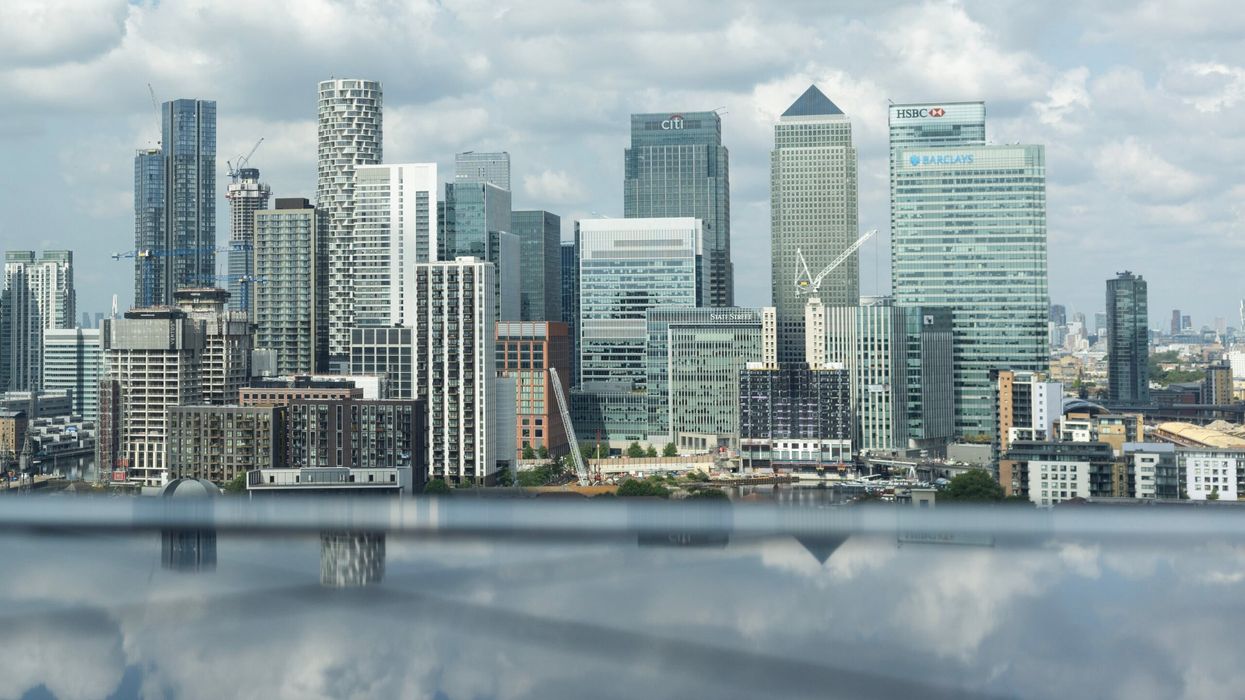UK's ECONOMY showed no growth in July, according to official data released on Friday, adding to a difficult week for prime minister Keir Starmer’s government.
The Office for National Statistics (ONS) said gross domestic product was flat in July, following a 0.4 per cent rise in June.
The government has faced two major setbacks this week. Deputy prime minister Angela Rayner resigned over failing to pay a property tax, and on Thursday, Starmer dismissed Peter Mandelson as ambassador to Washington after new disclosures about his ties with sex offender Jeffrey Epstein.
While the July GDP figure matched market expectations, limiting the effect on the pound, the government admitted challenges in lifting growth.
"We know there's more to do to boost growth, because, whilst our economy isn't broken, it does feel stuck," a Treasury spokesperson said, as Labour prepared for its budget announcement in late November.
The data showed a 1.3 per cent fall in production, offsetting gains in services and construction.
"The stagnation in real GDP in July shows that the economy is still struggling to gain decent momentum in the face of the drag from previous hikes in taxes and possible further tax rises to come in the budget," said Paul Dales, chief UK economist at Capital Economics.
Chancellor Rachel Reeves said last week that she would maintain a "tight grip" on public spending, setting November 26 for her budget speech.
The UK economy has faced weak growth since Reeves raised taxes and reduced public spending after Labour’s election win in July last year.
Separate ONS data on Friday showed exports of goods to the United States rose in July but stayed below levels seen before US president Donald Trump’s tariff measures.
Exports to the US increased by £800 million after London and Washington reached a trade deal that eased some tariffs, particularly on UK-made vehicles.
Trump will visit the UK next week for a state visit that includes talks with Starmer and a banquet hosted by King Charles.
(With inputs from agencies)





